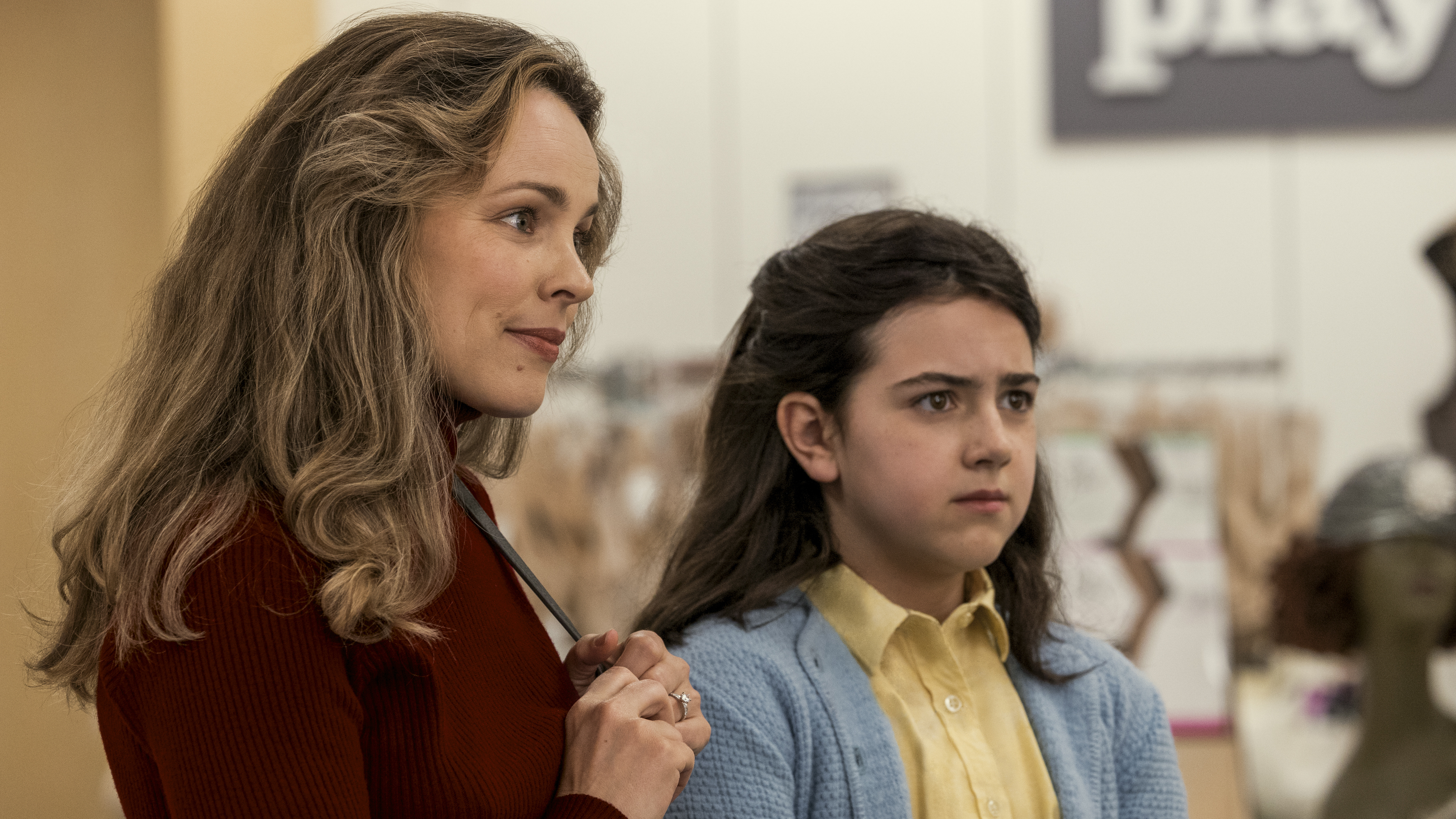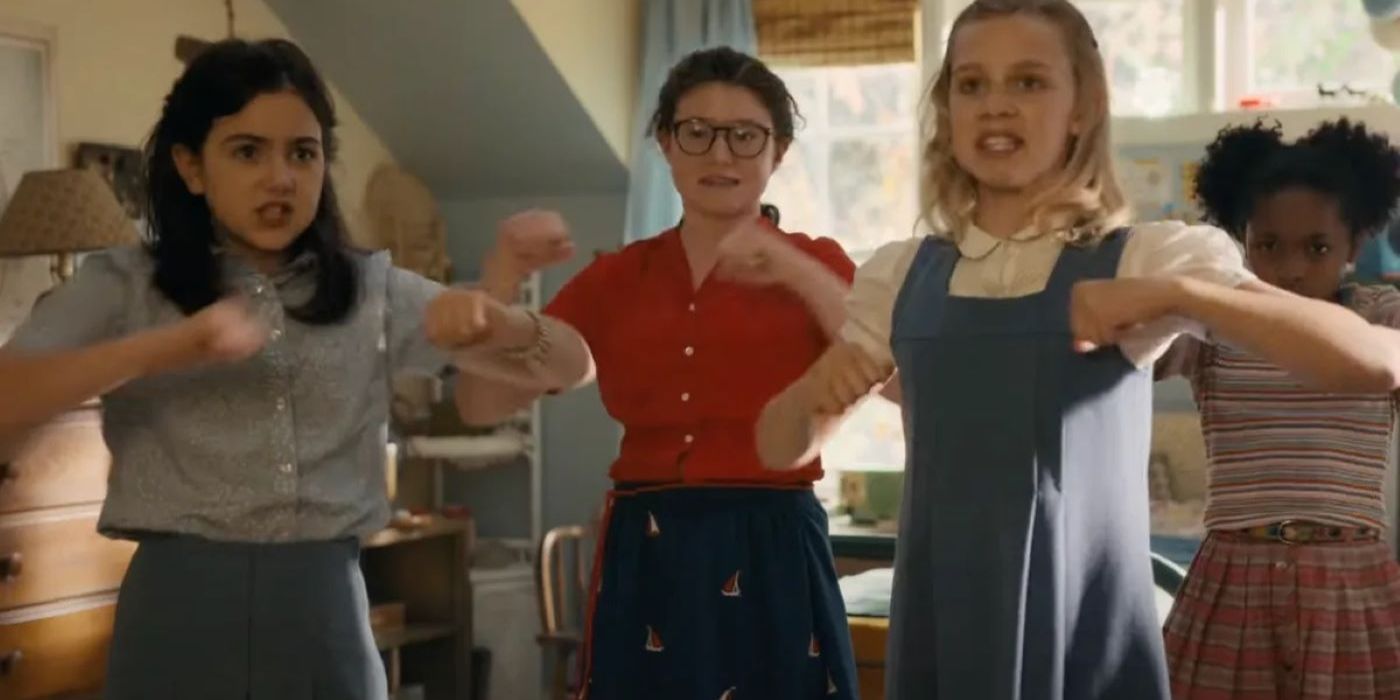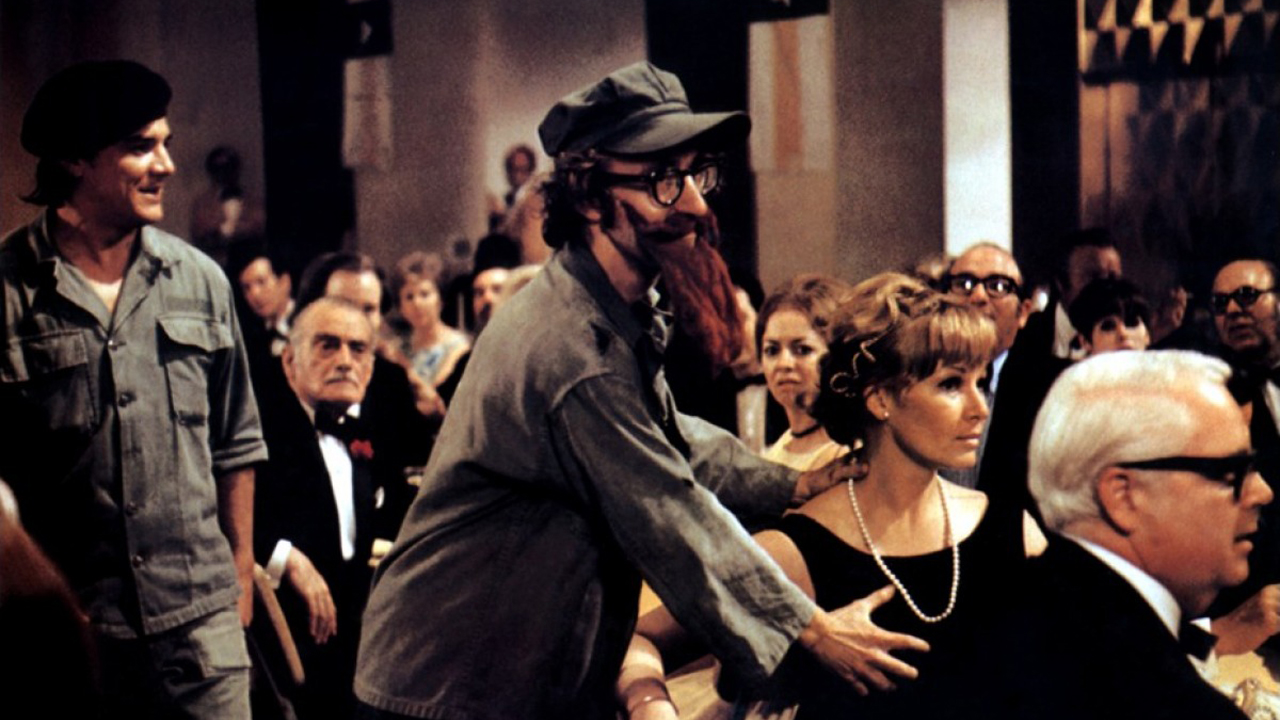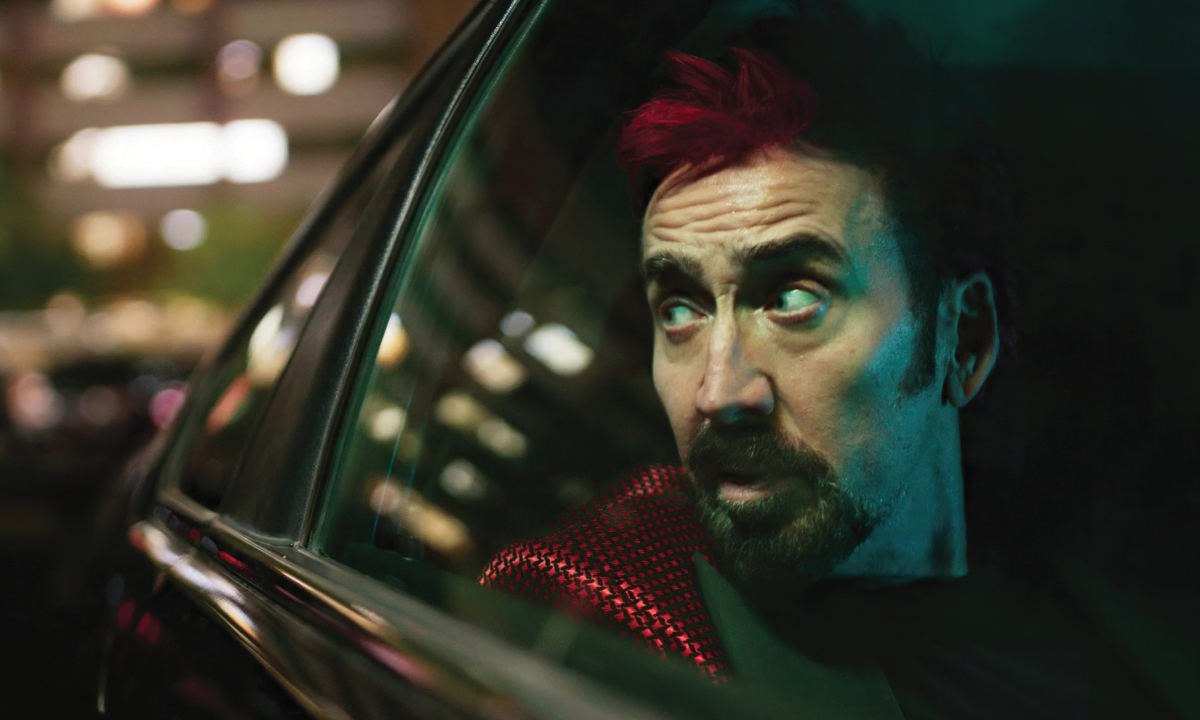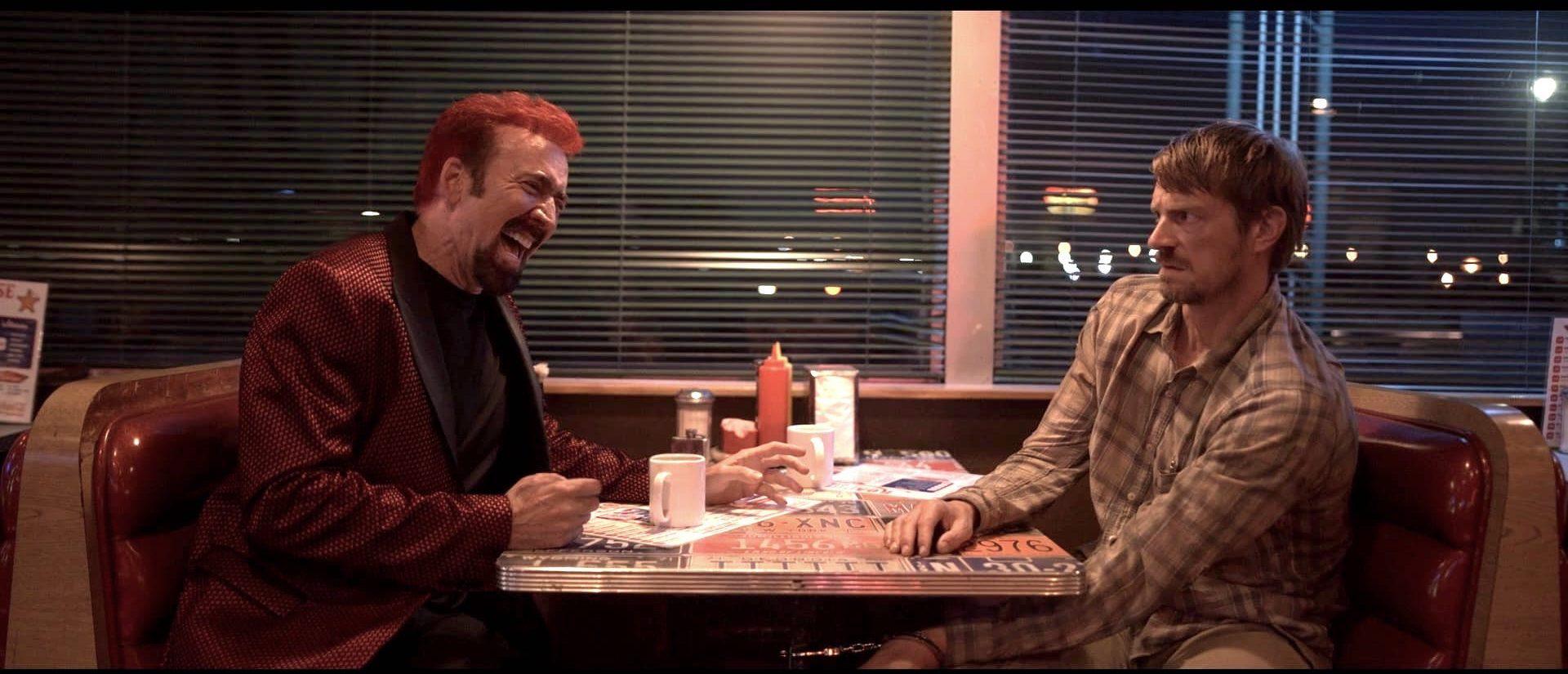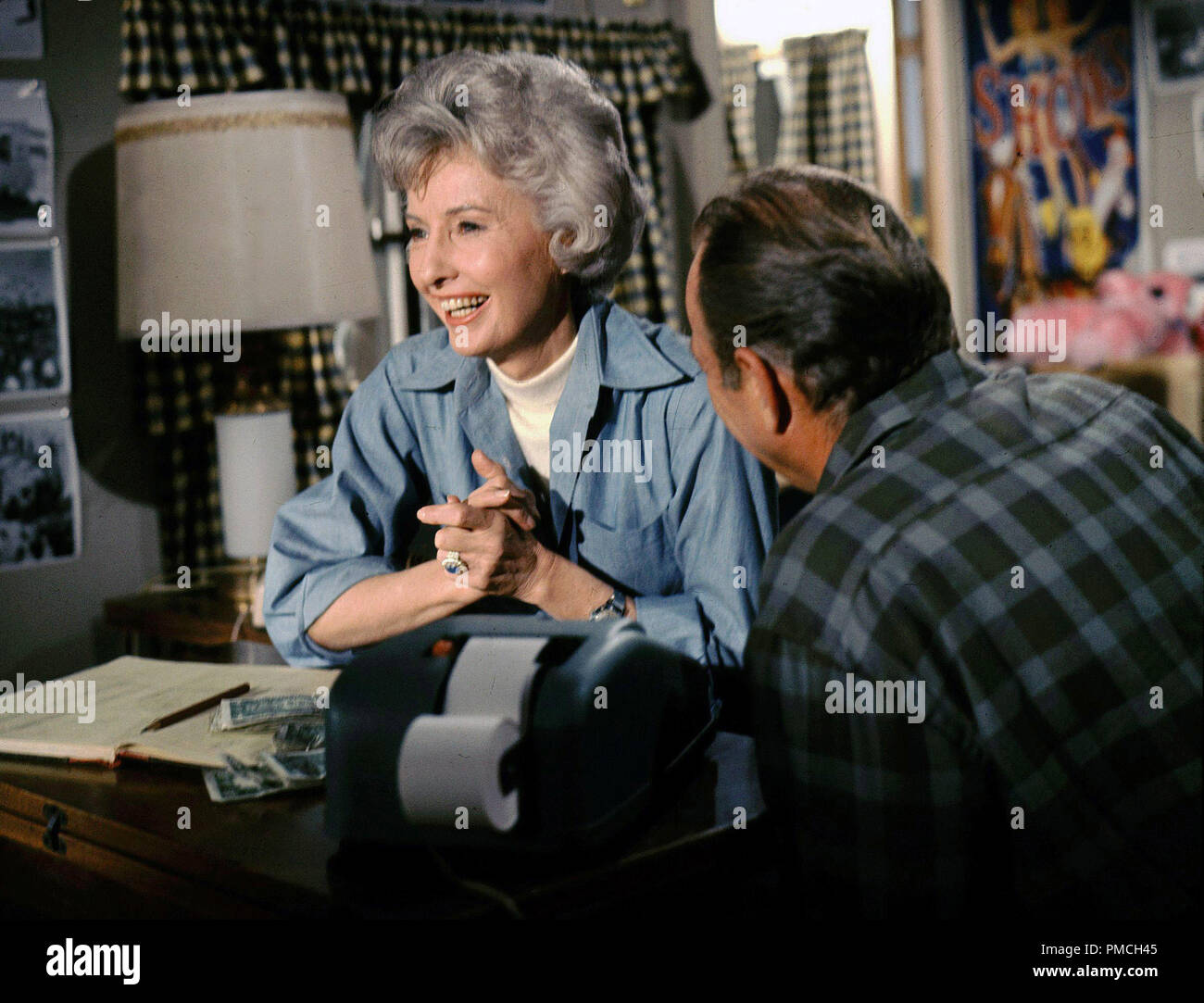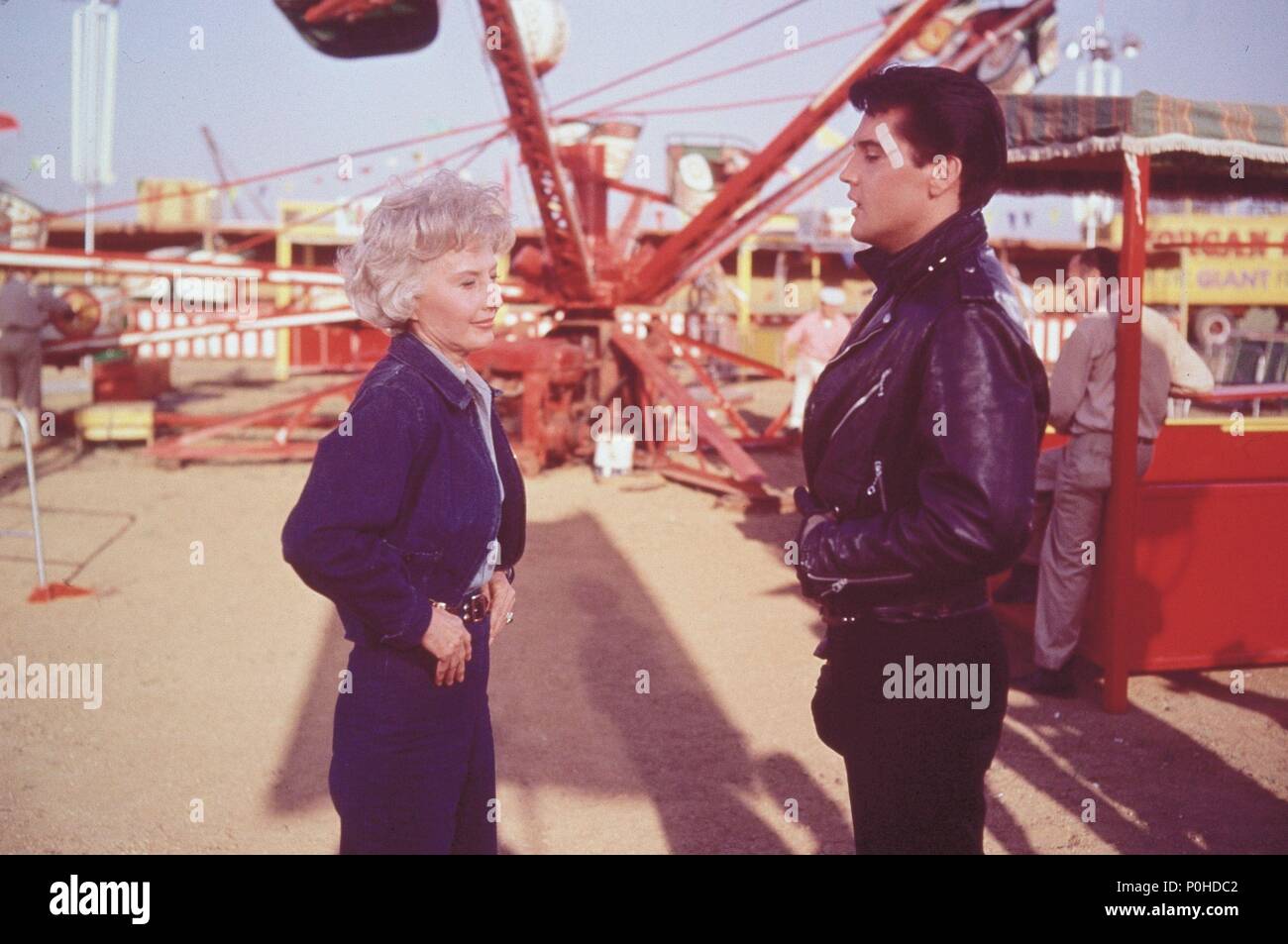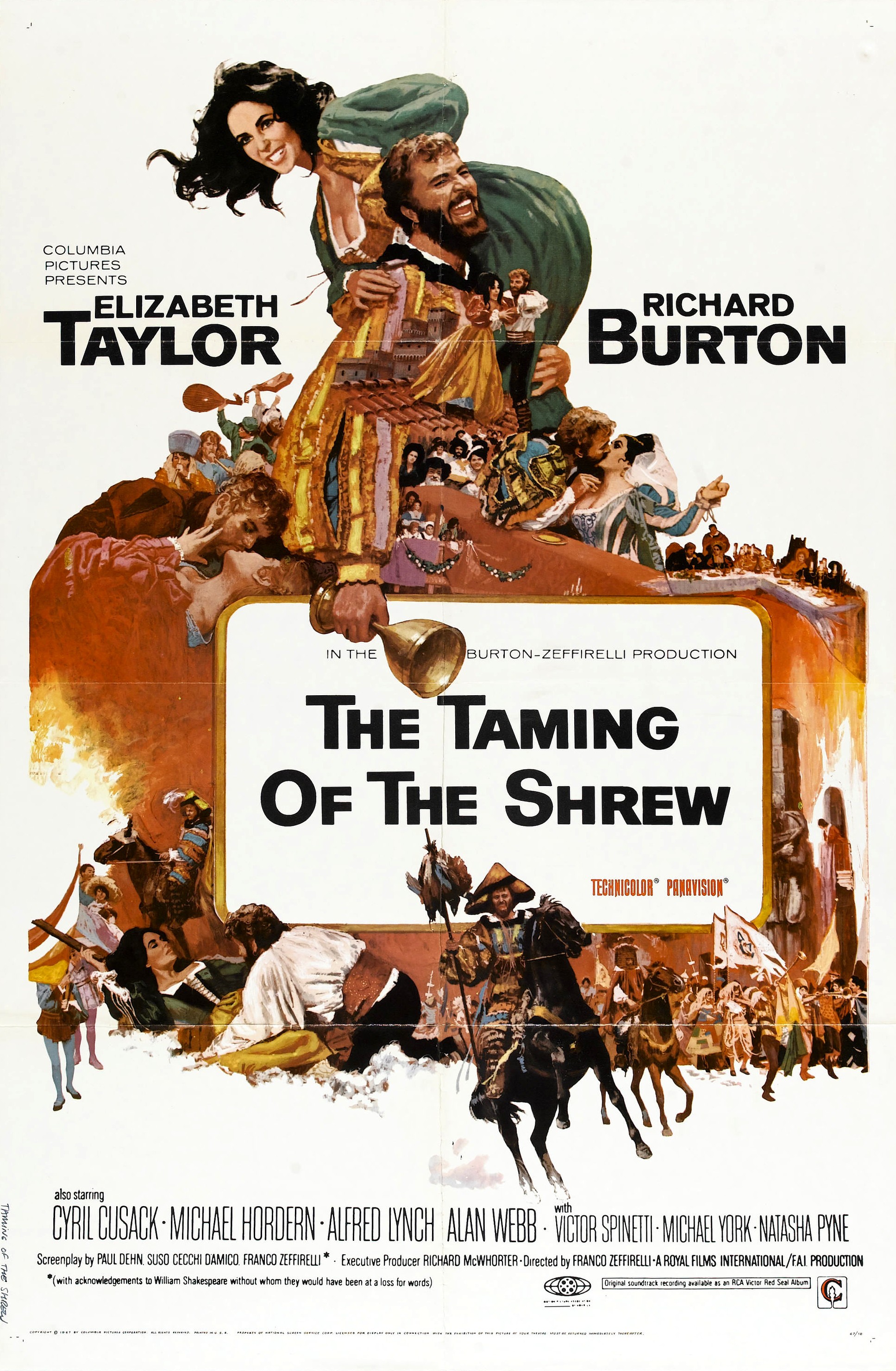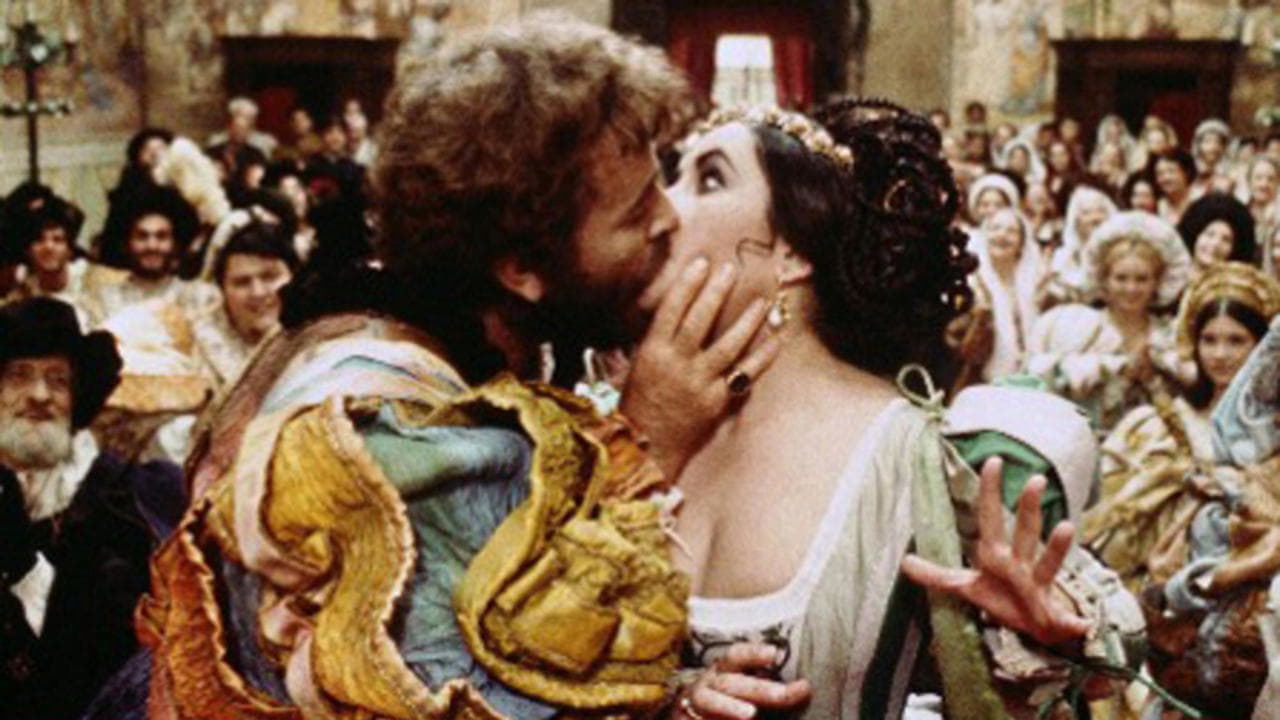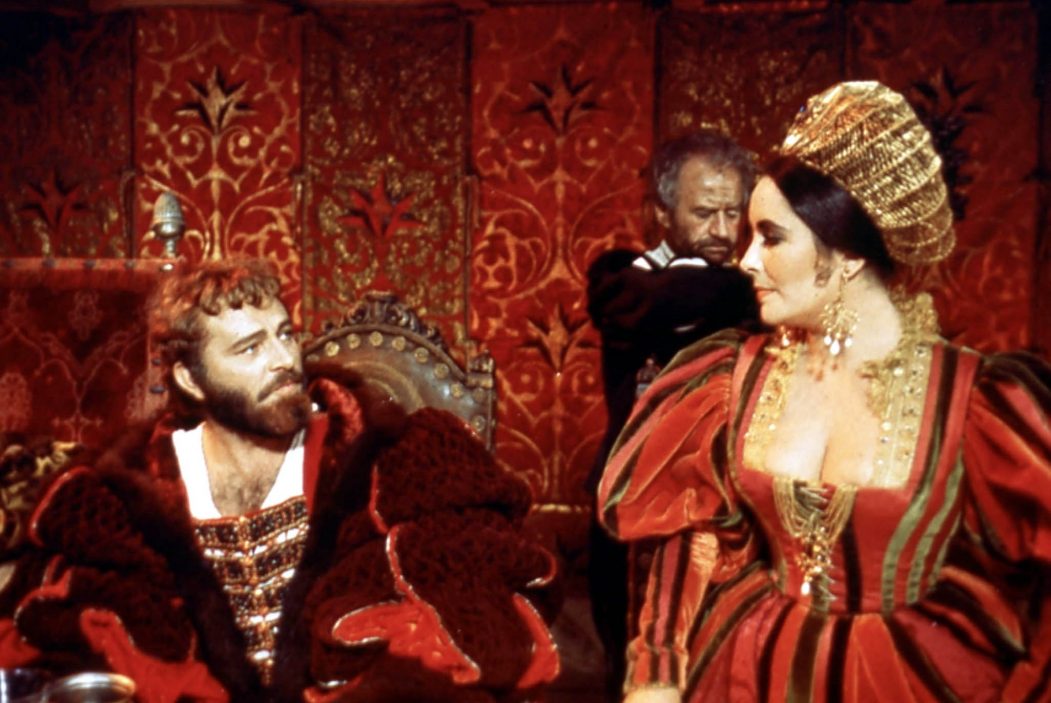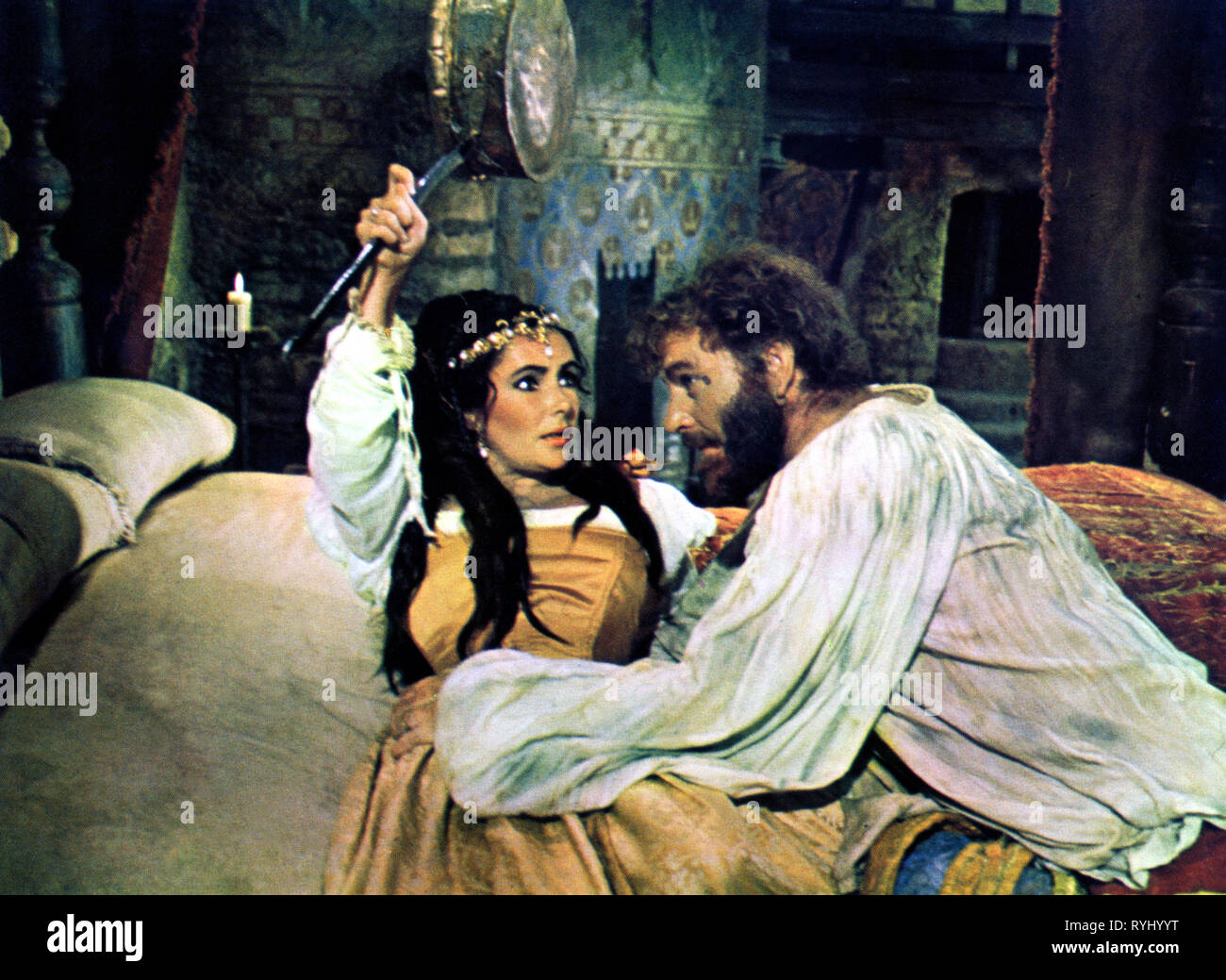Spider-Man Across the Spider Verse
Miles Morales and his multi-universal mentors return for a second round of cosmic comic book adventures in 2023's Spider-Man Across the Spider Verse, the continuing adventures from the 2018 Oscar-winning Best Animated Feature winner, which has an overstuffed screenplay, but whose technical artistry and attention to the legacy of this character cannot be denied.

This film actually opens in a universe where Gwen Stacy (voiced by Hailee Steinfeld) is actually Spider Woman and is working very hard to conceal her alter ego from her father, Lt. George Stacy (voiced by Shea Wigham) but must forsake her dad when she is needed in the universe where Miles Morales (voiced by Shameik Moore) has begun to accept his new spider skin, but his family is not so quick to do, not to mention villains from other universes who won't allow Miles to ease into the legacy of his new life the way he wants.

The bloated screenplay by Phil Lord, Christopher Miller, and Dave Callahan is the primary culprit in this film's succumbing to the dread "sequel-itis", the attempt to make that second film by making everything bigger, better, and more complex in order to draw in a bigger audience and more box office receipts, but it doesn't really work here because there was enough going on in the first film that we just didn't need more complications to the legacy of Miles Morales.

What does work is the technical artistry, the detail applied to character history and respect for the Spiderman character's history in other movies. The animation is slick and frantic, providing a truly futuristic look to the story. The return to the relationship between Miles and his father (voiced by Bryan Tyree Henry) had a very realistic vein to it. Miles has now reached the manly age of 15 and his reaction to his father grounding him was very realistic and very funny. The relationship between Miles and his mother (voiced by Luna Lauren Velez) reminded me of the relationship between the Peter and his Aunt May in the Sam Raimi movies...there's a real sense here that his mom knows Miles is doing something special and important but chooses not to discuss it. The famous upside down kiss from the first Raimi film even gets a knowing wink here.

As the 2018 film did, this film sports spectacular production values and the voice work of Moore, Jake Johnson as Peter Parker, Oscar Isaac as Miguel O'Hara, Oscar winner Daniel Kaluuya as Hobie Brown, and especially Jason Scwartzmann as the Spot is on the money. And as expected, this film very quietly and very effectively sets up a third film.
Miles Morales and his multi-universal mentors return for a second round of cosmic comic book adventures in 2023's Spider-Man Across the Spider Verse, the continuing adventures from the 2018 Oscar-winning Best Animated Feature winner, which has an overstuffed screenplay, but whose technical artistry and attention to the legacy of this character cannot be denied.

This film actually opens in a universe where Gwen Stacy (voiced by Hailee Steinfeld) is actually Spider Woman and is working very hard to conceal her alter ego from her father, Lt. George Stacy (voiced by Shea Wigham) but must forsake her dad when she is needed in the universe where Miles Morales (voiced by Shameik Moore) has begun to accept his new spider skin, but his family is not so quick to do, not to mention villains from other universes who won't allow Miles to ease into the legacy of his new life the way he wants.

The bloated screenplay by Phil Lord, Christopher Miller, and Dave Callahan is the primary culprit in this film's succumbing to the dread "sequel-itis", the attempt to make that second film by making everything bigger, better, and more complex in order to draw in a bigger audience and more box office receipts, but it doesn't really work here because there was enough going on in the first film that we just didn't need more complications to the legacy of Miles Morales.

What does work is the technical artistry, the detail applied to character history and respect for the Spiderman character's history in other movies. The animation is slick and frantic, providing a truly futuristic look to the story. The return to the relationship between Miles and his father (voiced by Bryan Tyree Henry) had a very realistic vein to it. Miles has now reached the manly age of 15 and his reaction to his father grounding him was very realistic and very funny. The relationship between Miles and his mother (voiced by Luna Lauren Velez) reminded me of the relationship between the Peter and his Aunt May in the Sam Raimi movies...there's a real sense here that his mom knows Miles is doing something special and important but chooses not to discuss it. The famous upside down kiss from the first Raimi film even gets a knowing wink here.

As the 2018 film did, this film sports spectacular production values and the voice work of Moore, Jake Johnson as Peter Parker, Oscar Isaac as Miguel O'Hara, Oscar winner Daniel Kaluuya as Hobie Brown, and especially Jason Scwartzmann as the Spot is on the money. And as expected, this film very quietly and very effectively sets up a third film.
Last edited by Gideon58; 05-16-24 at 01:24 PM.








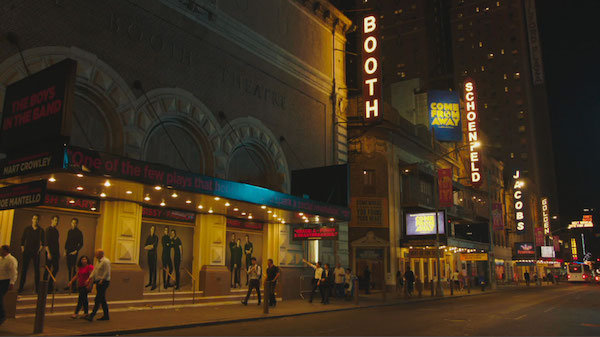

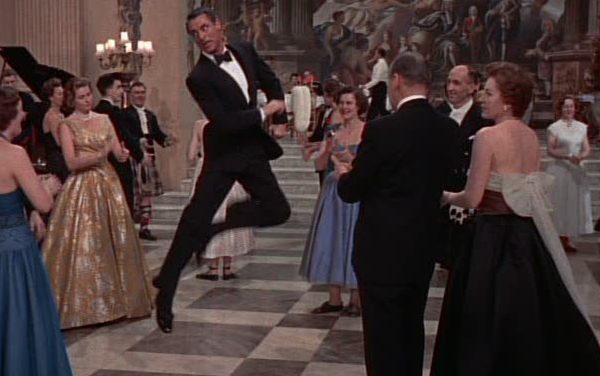

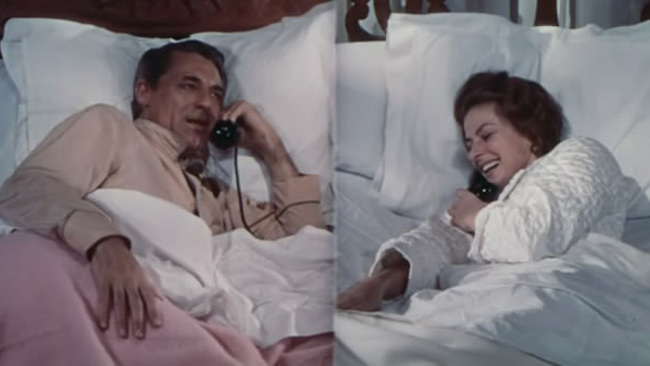


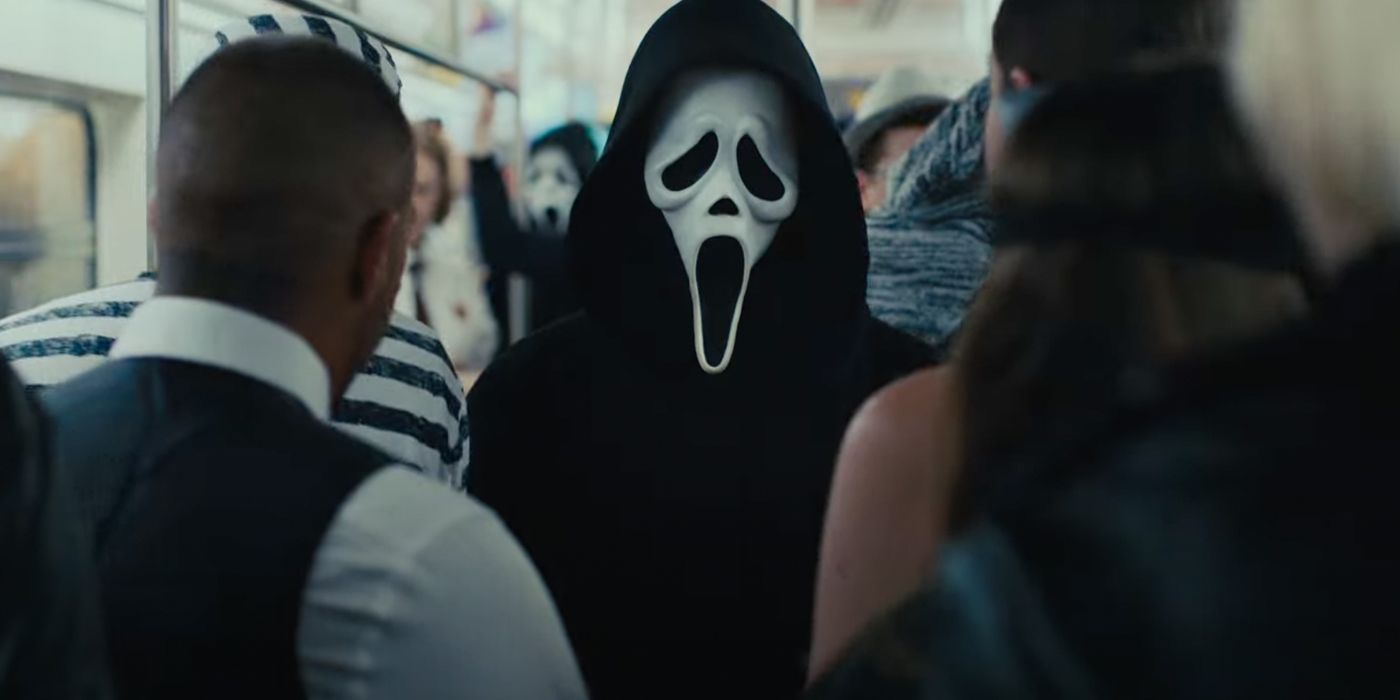
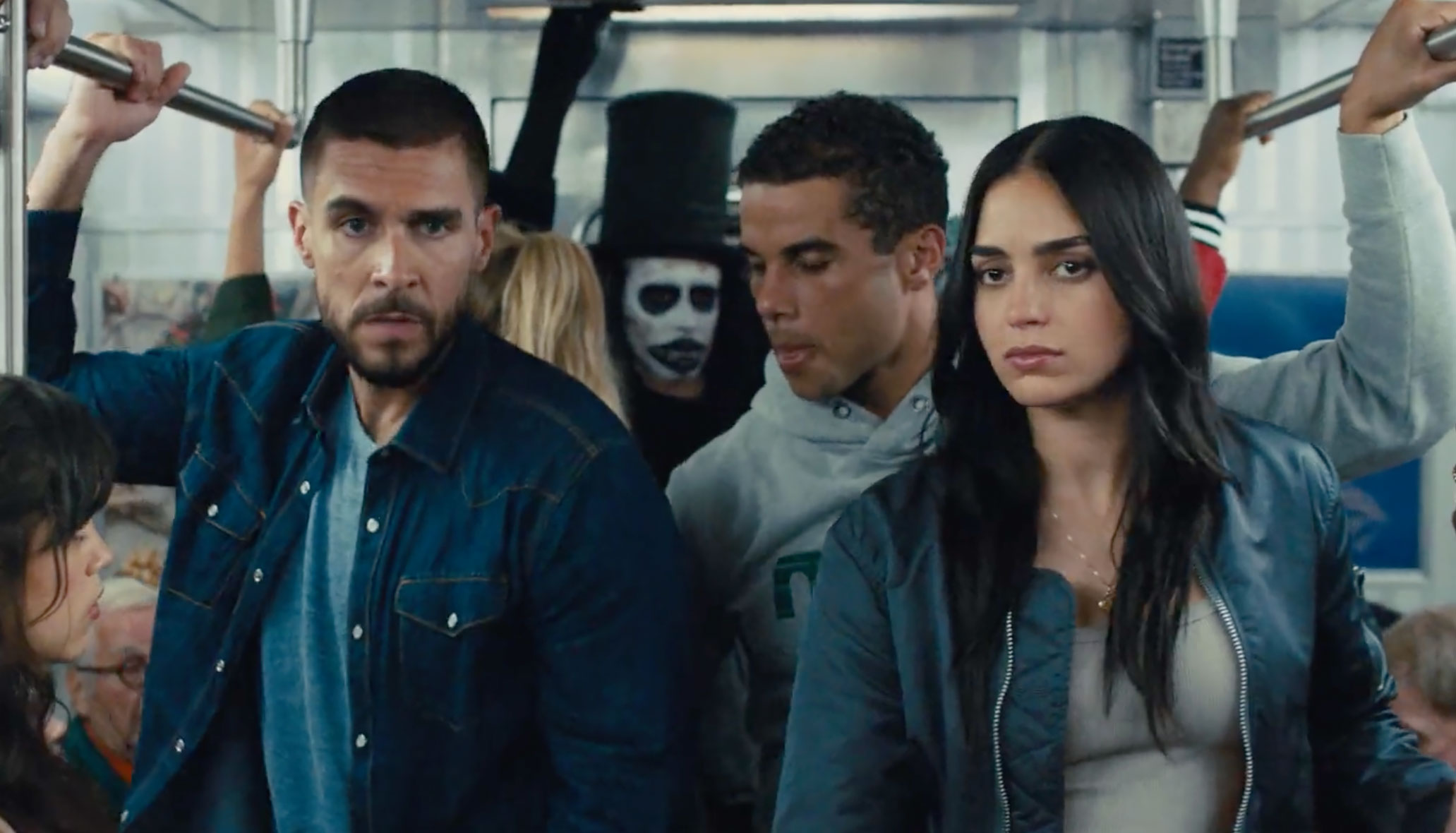


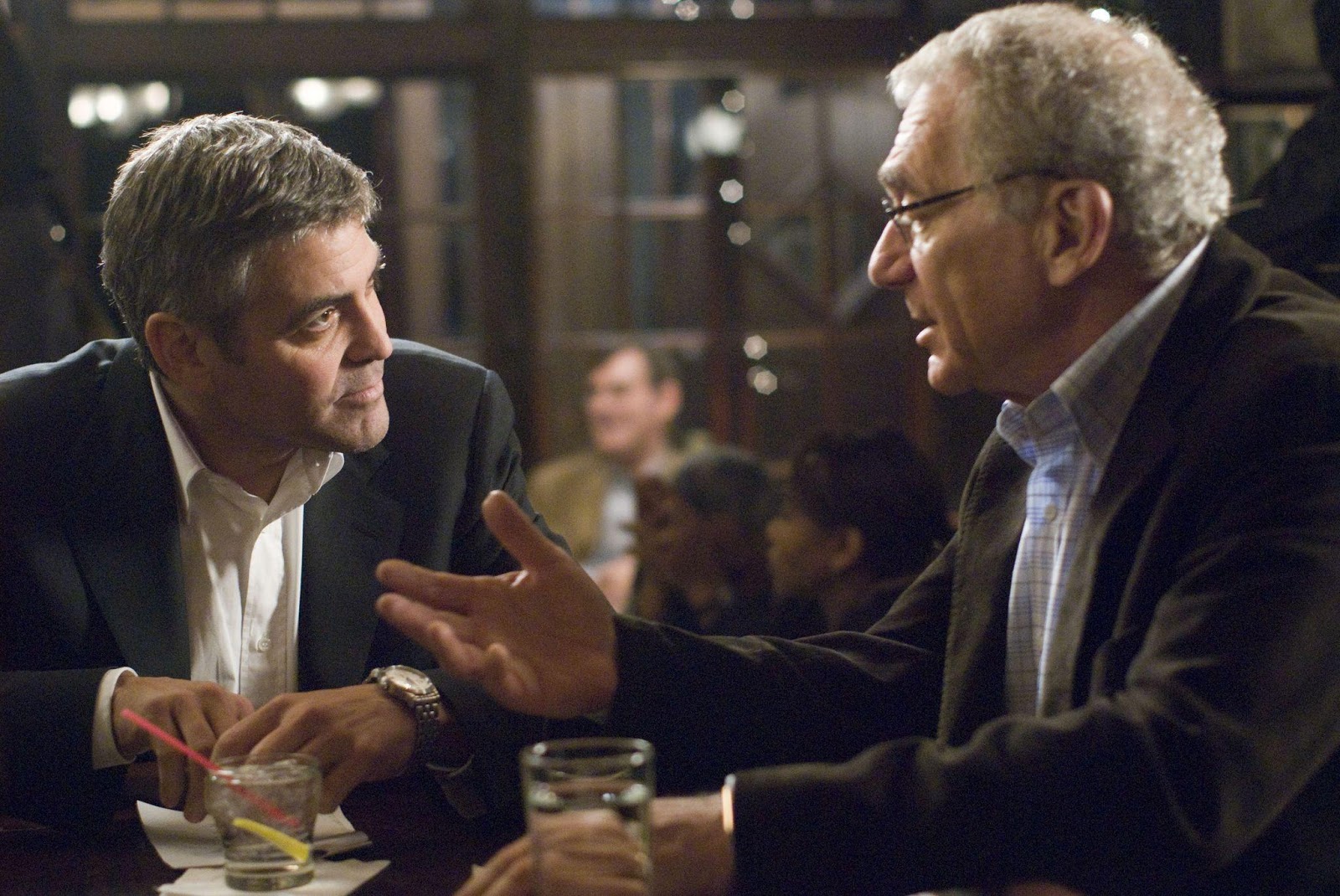
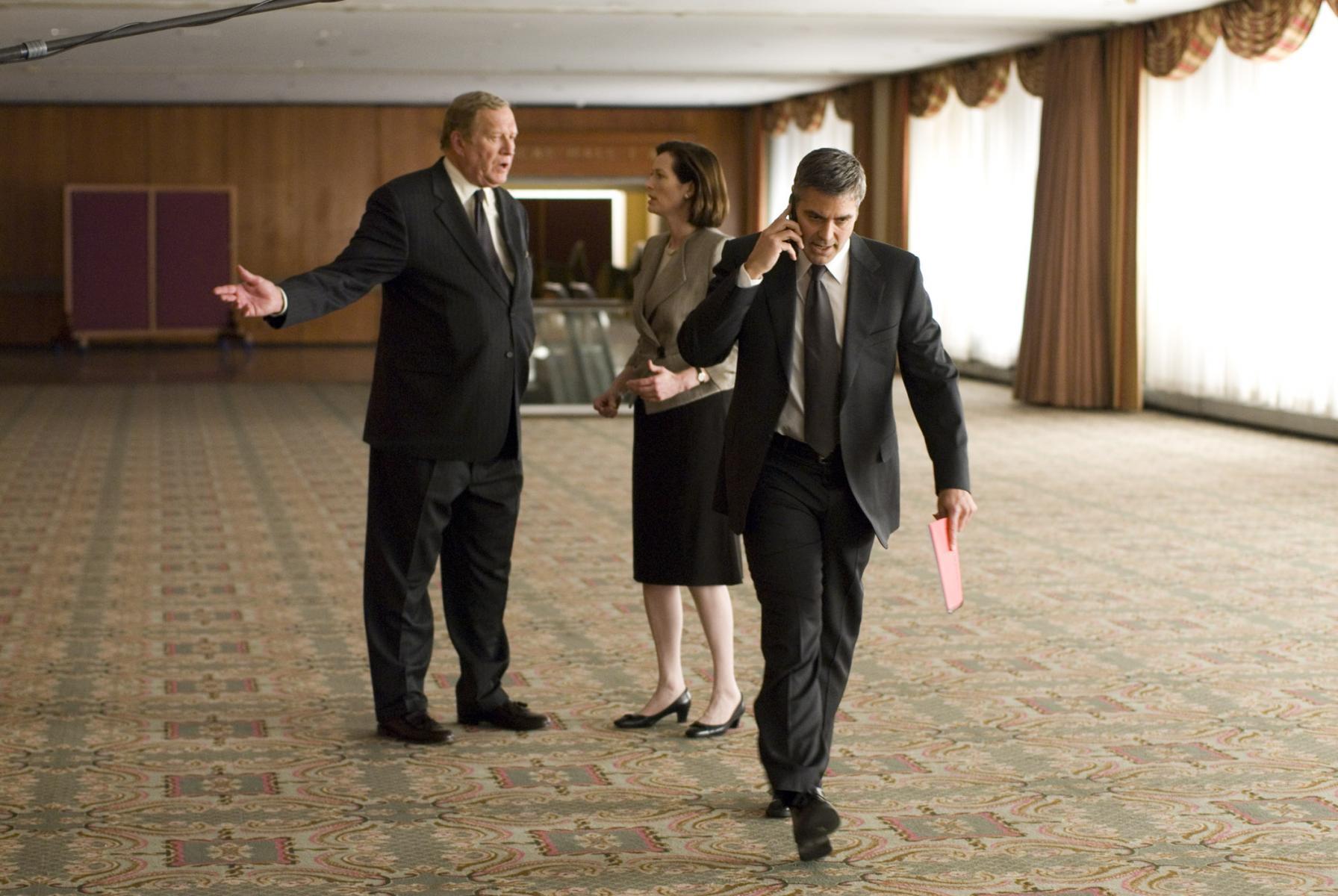

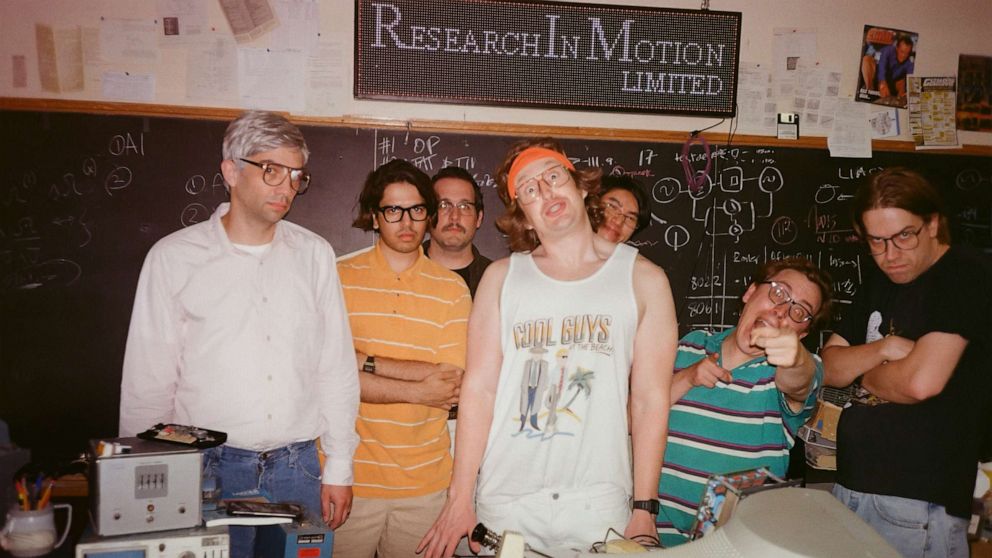
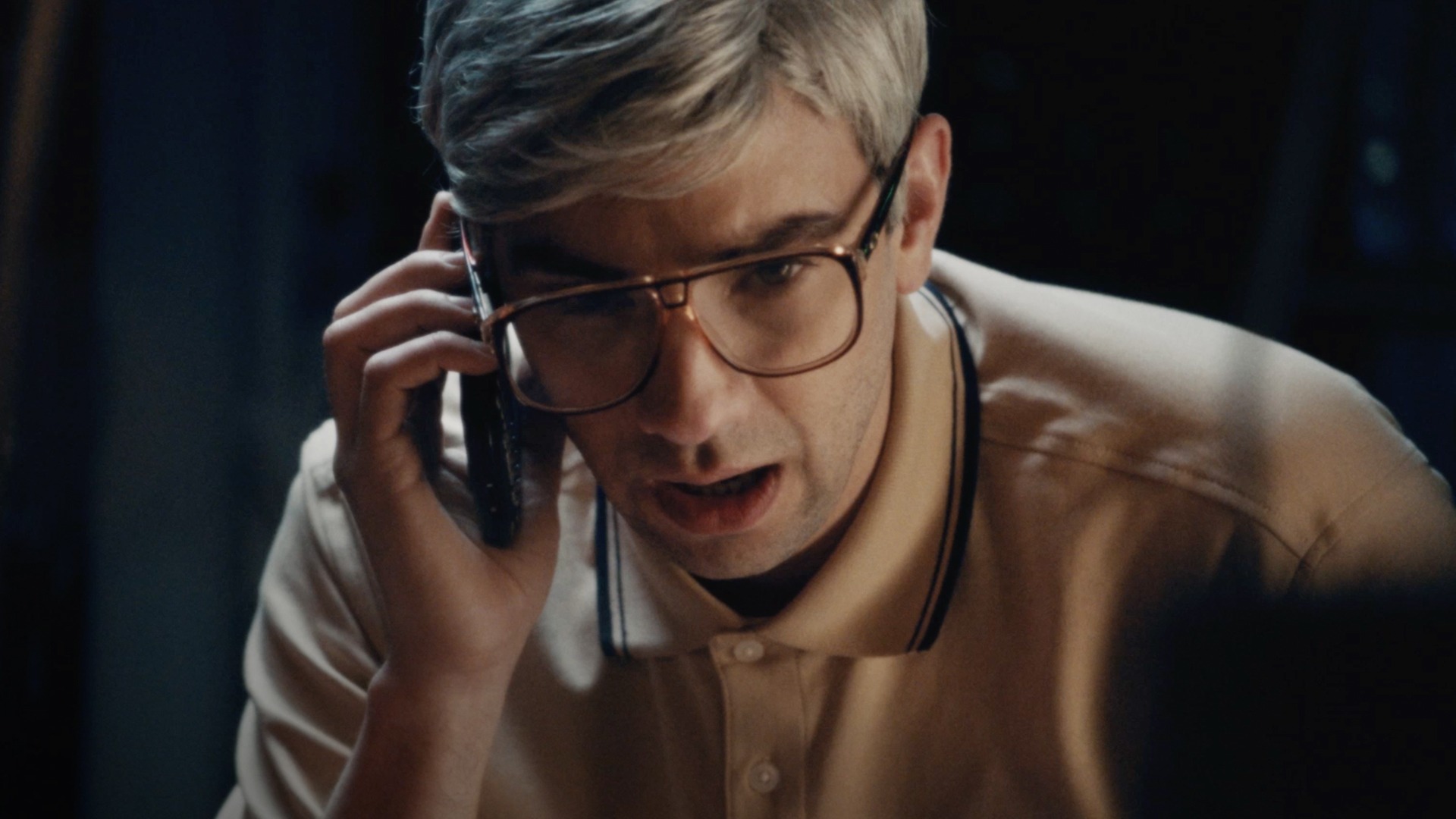








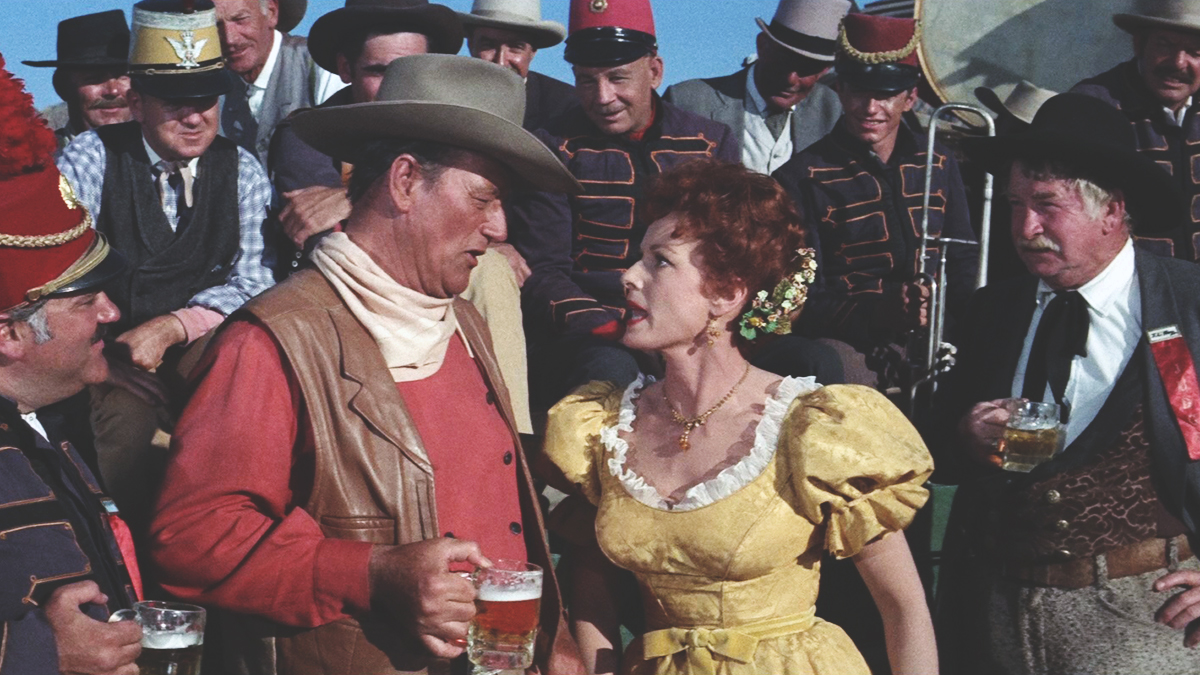






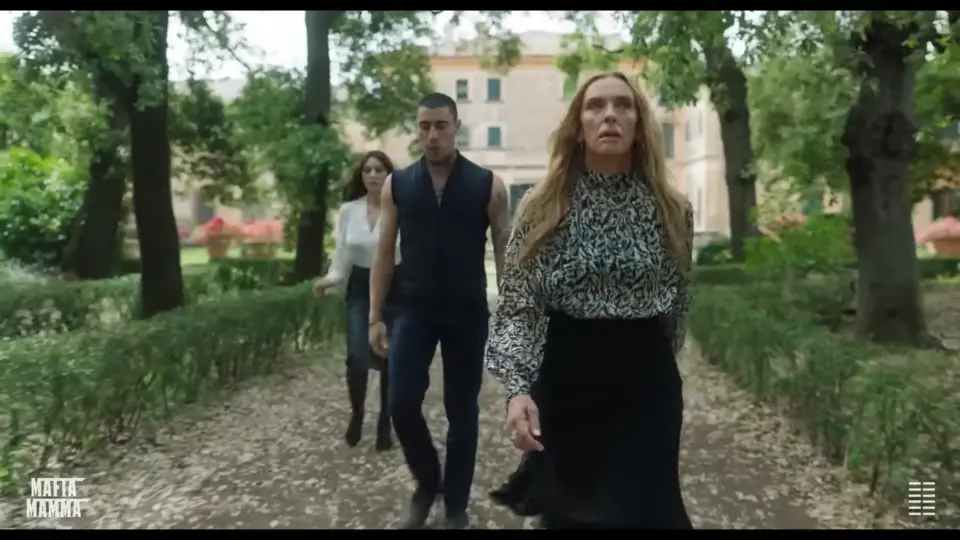

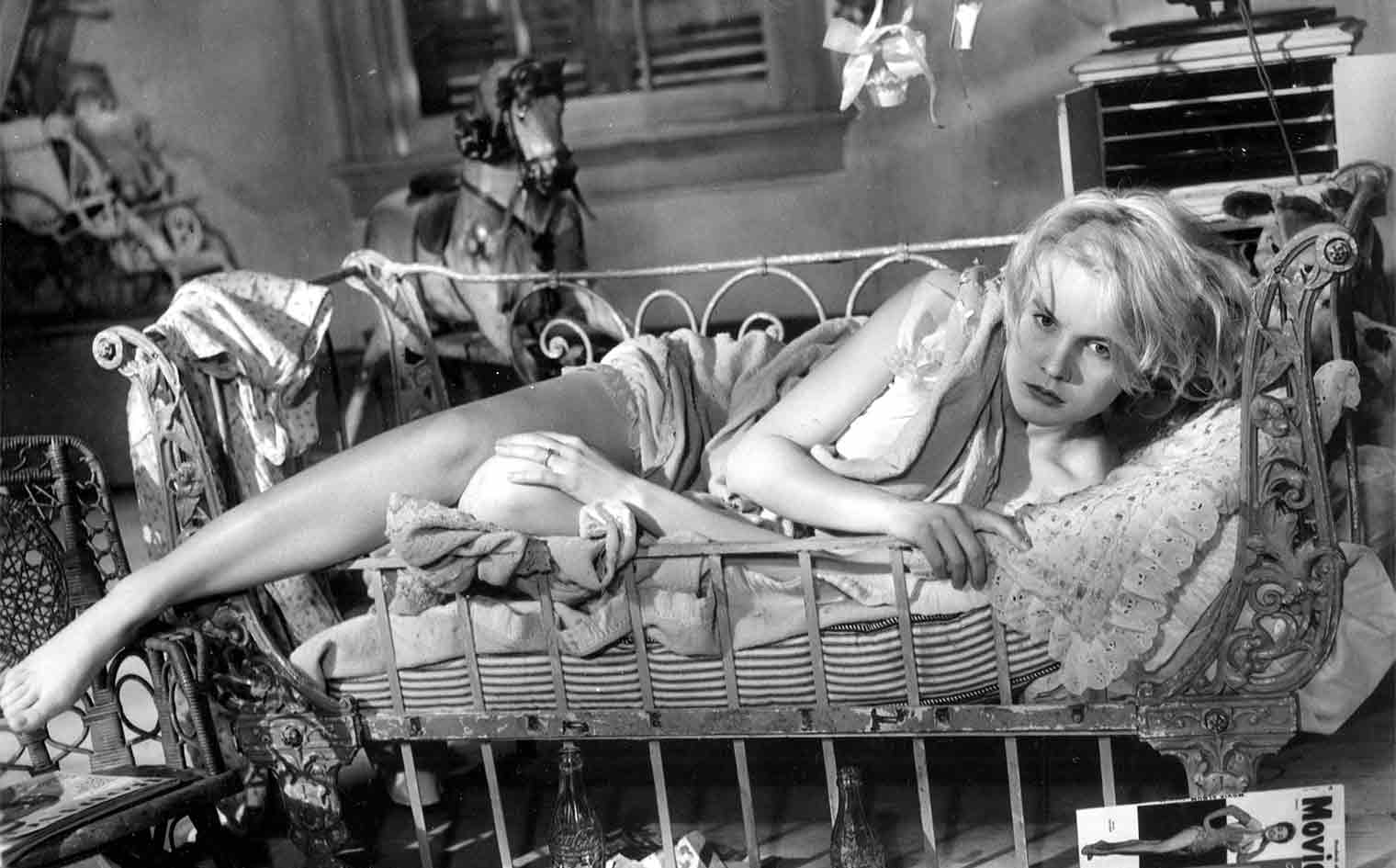
_400_497_90.jpg)


